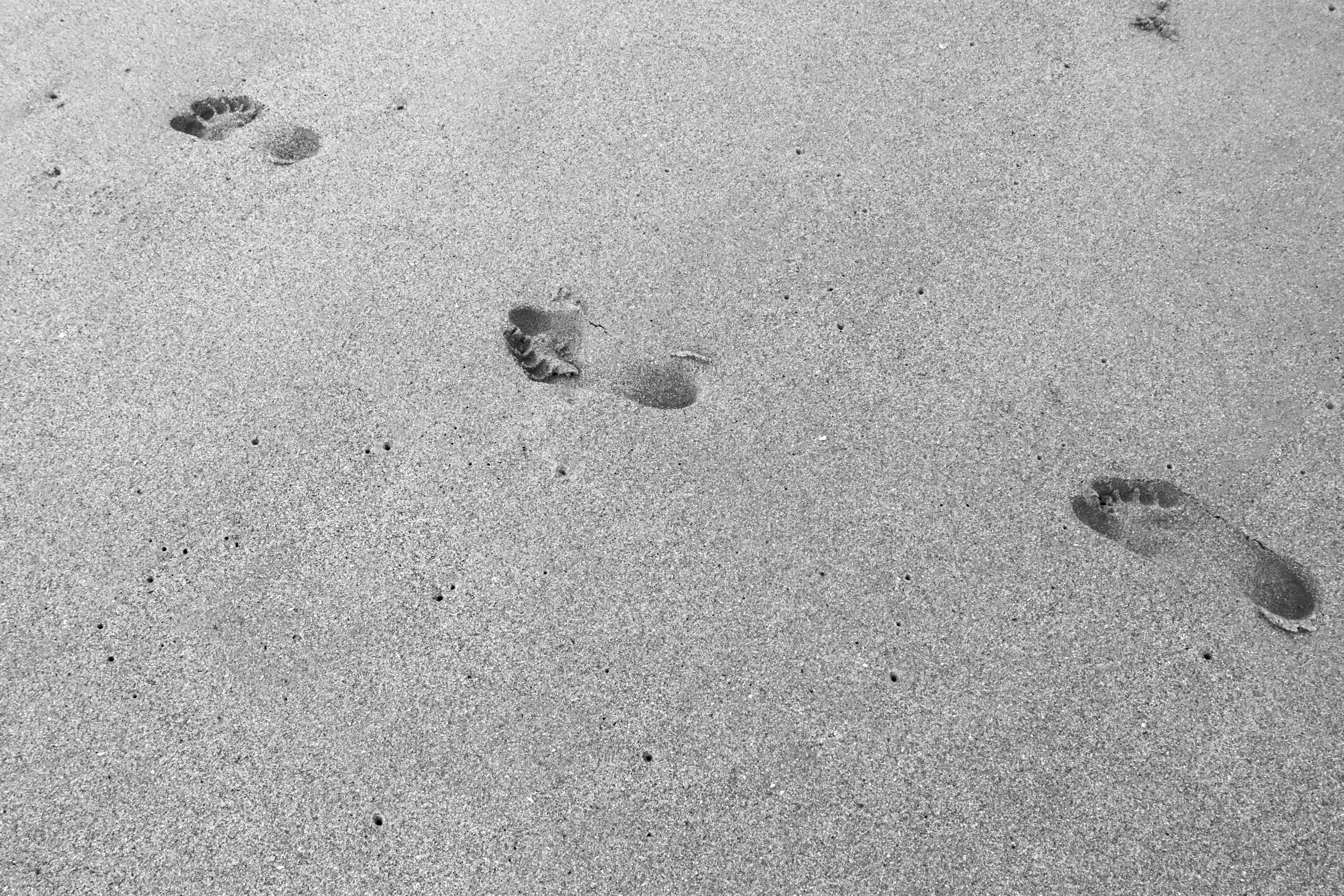More than 700,000 Rohingya refugees have fled Myanmar to the worlds largest refugee camp, Cox’s Bazar in neighbouring Bangladesh since August 2017.
The Rohingya began fleeing after a major military operation was launched against them, sparking a humanitarian crisis.
This is one of the largest movements of refugees witnessed in recent decades.
The United Nations says the Rohingya are among the most persecuted people in the world. They are an ethnic Muslim group who reside in the state of Rakhine in Myanmar.
The Myanmar government has placed restrictions against the Rohingya, restricting marriage, family planning, education, religious choice and freedom of movement.
In the towns of Maungdaw and Buthidaung, in the Rakhine state, Rohingya couples are only allowed to have two children.
There have been widespread reports of arson, murder and rape.
The Rakhine State has a poverty rate of 78%, making it Myanmar’s least developed state. This widespread poverty has raised tensions between the Buddhists and Muslim Rohingya. These tensions are heightened by their religious differences which have erupted into conflict.
Australia has condemned the ongoing violence in the Rakhine State. Former foreign affairs minister Julie Bishop called for “the protection of civilians and the unfettered access for humanitarian workers”.
Since June 2018, The Australian Government has committed $51.5 million in assistance to help address the humanitarian needs of Rohingya and affected communities in Myanmar and Bangladesh.
The funds are assisting to relocate people living in tents at risk of landslides, providing food and shelter as conditions in the camps deteriorate because of heavy rain. An estimated 200,000 people are living on land vulnerable to floods and landslides.
This is in addition to the $45 million in humanitarian aid that the Australian Government previously provided since the outbreak of violence in the Rakhine State in 2012.
Most of this aid has been directed to the hundreds of thousands of Rohingya in Cox’s Bazar, Bangladesh.
More than 950,000 refugees have fled to Cox’s Bazar, making it the worlds largest refugee camp. The World Health Organisation projects the birth of 60 000 babies in Bangladesh’s crowded camps in 2018.
In a move that sparked outrage, the Australian government offered thousands of dollars to Rohingya refugees detained on Manus Island to agree to return to Myanmar.
Returning to Myanmar could put their lives at risk as government forces have been accused of ethnic cleansing.


